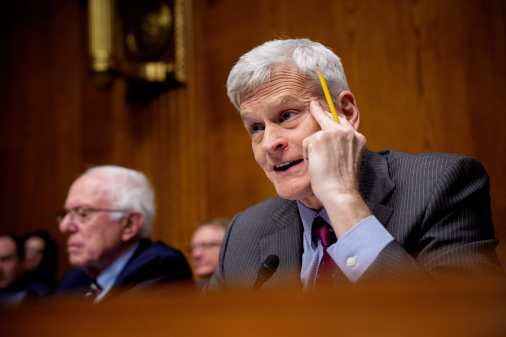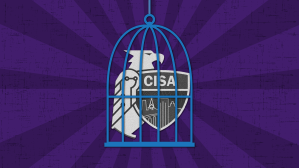Community colleges, HBCUs get cyber talent boost under bipartisan House bill

Students at community colleges and minority-serving institutions would get greater exposure to cybersecurity education and a smoother path to a career in the field under a new bipartisan House bill, the latest in a series of efforts in Washington to grow and diversify the cyber workforce.
The Cybersecurity Clinics Grant Program Act, introduced by Reps. Marc Veasey, D-Texas, and August Pfluger, R-Texas, charges the Department of Homeland Security and Cybersecurity and Infrastructure Security Agency with creating grant programs to fund cybersecurity clinics at community colleges, historically Black colleges and universities, Hispanic-serving institutions and other institutions with predominantly minority populations.
The clinics would offer “high-potential paths” to the field, providing students with practical experience and certifications in an effort to create a talent pipeline that boosts the number of cyber professionals nationally.
The legislation calls for the development of interactive and personalized cybersecurity workshops at these higher ed institutions, with an emphasis on the protection of devices, data and identity. The grant programs would also fund the creation of experiential cyber curriculum focused on strengthened resilience in organizations and how best to defend against digital threats.
Additionally, the clinics would work with civil society organizations, state and local government agencies, critical infrastructure providers, small and medium-sized businesses and other under-resourced public interest organizations on cybersecurity workforce development.
The legislation comes nearly a year after the White House released its National Cyber Workforce and Education Strategy, which included multiple callouts to community colleges and the role they should play to “enhance cyber workforce diversity and better meet local workforce needs.” The document noted that more than half of community college enrollees are women — who remain underrepresented and underpaid relative to their male cybersecurity counterparts.
The strategy also encouraged cyber education and training providers to “take deliberate and decisive actions to make cyber training available to all Americans,” noting that students at HBCUs, HSIs, tribal colleges and universities and other minority-serving institutions “are well positioned to produce qualified graduates to meet the increasing cyber workforce demand.”
Other efforts in Washington this year to expand and diversify the cybersecurity workforce include announcements from National Cyber Director Harry Coker to ease education requirements for federal cyber contracting jobs and shift toward skill-based hiring for agency cyber and tech jobs, and the introduction of a House bill that would provide CISA with $20 million annually to create a program promoting cybersecurity jobs to disadvantaged communities.






